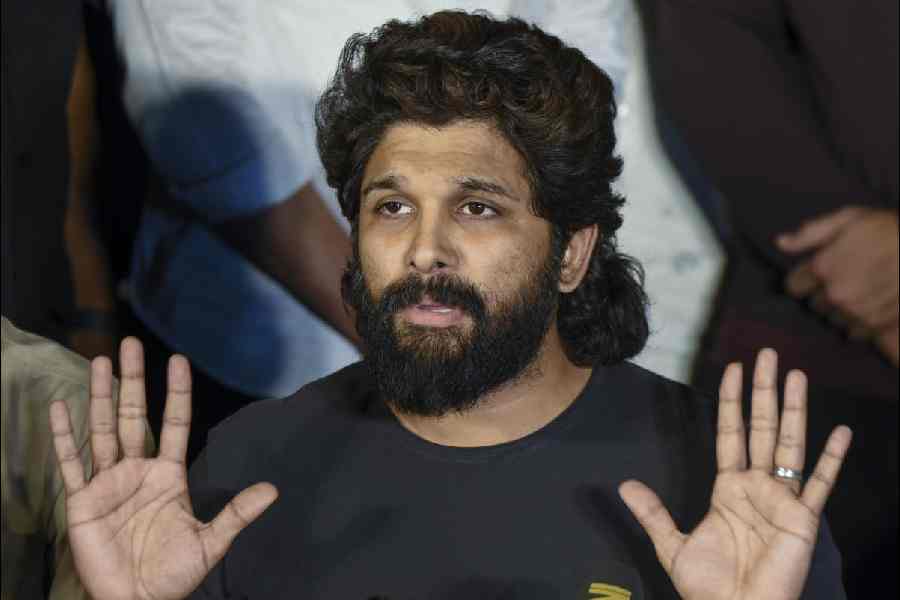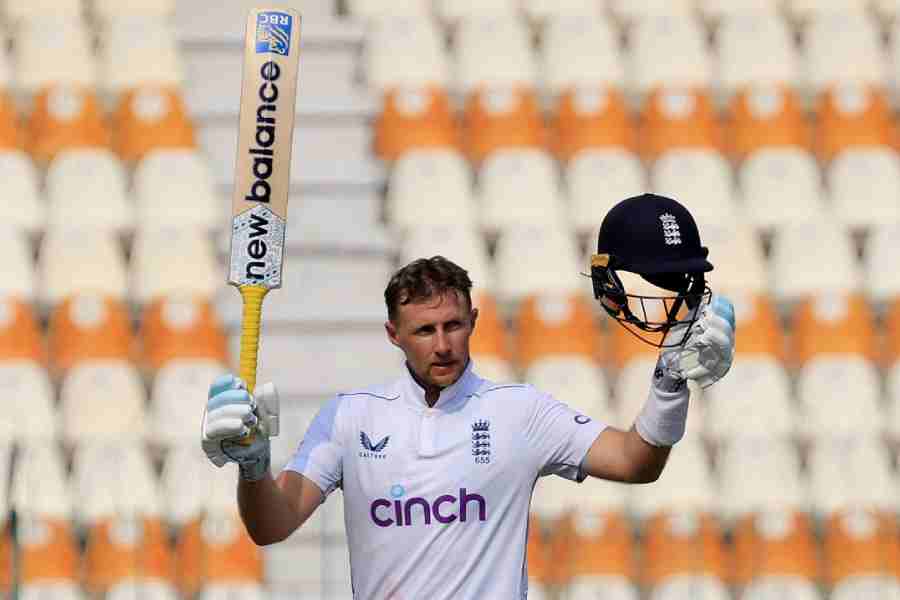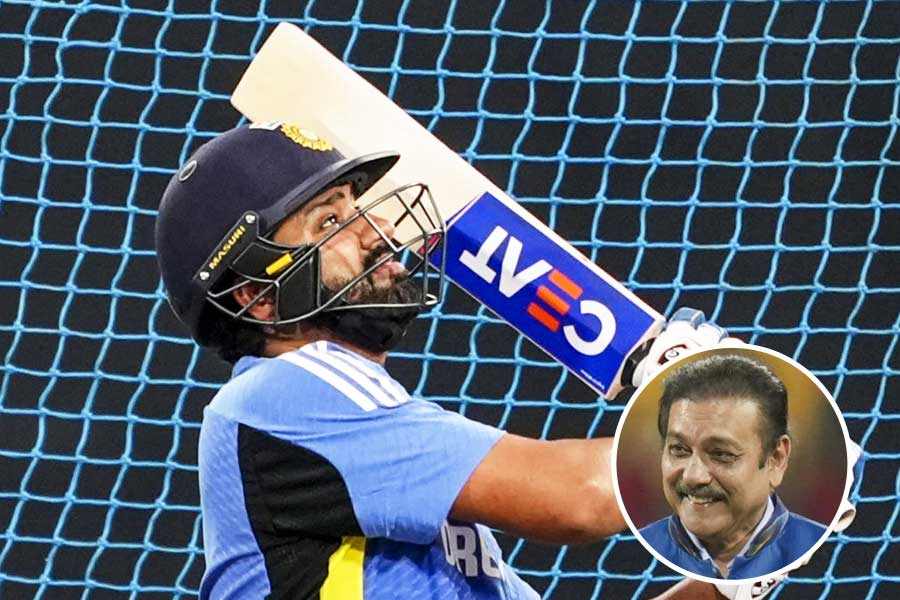When Rahul Dravid took over as the Team India head coach in November 2021, his primary task was to regain an ICC trophy which had eluded the team since 2013.
The former captain completed his first full two-year term this year but failed in his
endeavour, India reaching the top of the world rankings in all three formats notwithstanding.
Following their exit in the T20 World Cup in Australia last year, Rohit Sharma’s team lost in the title-round of two ICC events this season. If their embarrassing defeat in the World Test Championship final to Australia in June wasn’t bad enough, they lost the plot in the final to Pat Cummins’ men at the ODI World Cup too.
Yet, India’s entertaining cricket won the hearts of the millions. They triumphed in 10 matches at a stretch, and Rohit took immense pride in his brand of cricket that gave India a dream run till the semi-finals.
The players excelled in a team environment that allowed them to express themselves freely and performed their roles to perfection.
“Brand vand zaroori hai (Playing as per a brand is important), if you’ve decided it you have to implement that,” Rohit said before the final. “I thought the guys have done that...
“We’ve given roles to certain individuals in this team and told them how the team will benefit from it. I think 99.9 per cent we’ve done (that)... 0.1 per cent I’ve taken out because you can’t be perfect.”
Right through the tournament during their golden run Rohit kept cautioning the team that “one bad day” could ruin their plans and “all the good talk” could change quickly. “I know how it works,” he had said at one of his news conferences.
When it mattered most, Rohit’s team failed to live up to the hype. The enormity of the occasion got to the players as they succumbed to the pressure of playing in front of their home crowd.
It was not easy playing with close to a lakh spectators in Ahmedabad on that day. A host of high-profile guests, the build-up to the event and the pre-planned festivities in anticipation of an India victory had got to the players. None remembered there was a match to be played and Cummins’ team seemed designed to excel on the big occasion.
The positives were many — Rohit’s attacking batting in the first Powerplay which changed India’s game plan and his inspirational captaincy, Virat Kohli’s record 765 runs, including three centuries, and his overtaking of Sachin Tendulkar’s 49 ODI
centuries along with Mohammed Shami’s 24 wickets in seven matches — and they sort
of outweighed the one big failure.
Rohit’s team had dared the nation to dream though they didn’t fulfil their promises. It didn’t end in the manner of the WTC final at The Oval when India huffed and puffed before surrendering the advantage to one Travis Head.
But it was the batting blues that really cost them the WTC title for the second time in
succession. Chasing 444, once Steve Smith plucked out Kohli’s edge from mid-air, India lost their last six wickets for 55 runs inside 17 overs.
It had been worse in their first innings when they were six down for just 152. Barring Ajinkya Rahane and Ravindra Jadeja, the others flopped.
Having learnt their lessons, the think-tank decided to define roles for every player for the ODI World Cup. Rohit’s momentum-setting 47 at the Wankhede Stadium against New Zealand in the semi-final was an apt display of their fearless brand of cricket.
In the end though, it still remained an “unfinished business” for Rohit and Dravid.
The next mission, the T20 World Cup in June, could usher in a fresh dawn for Indian cricket.










